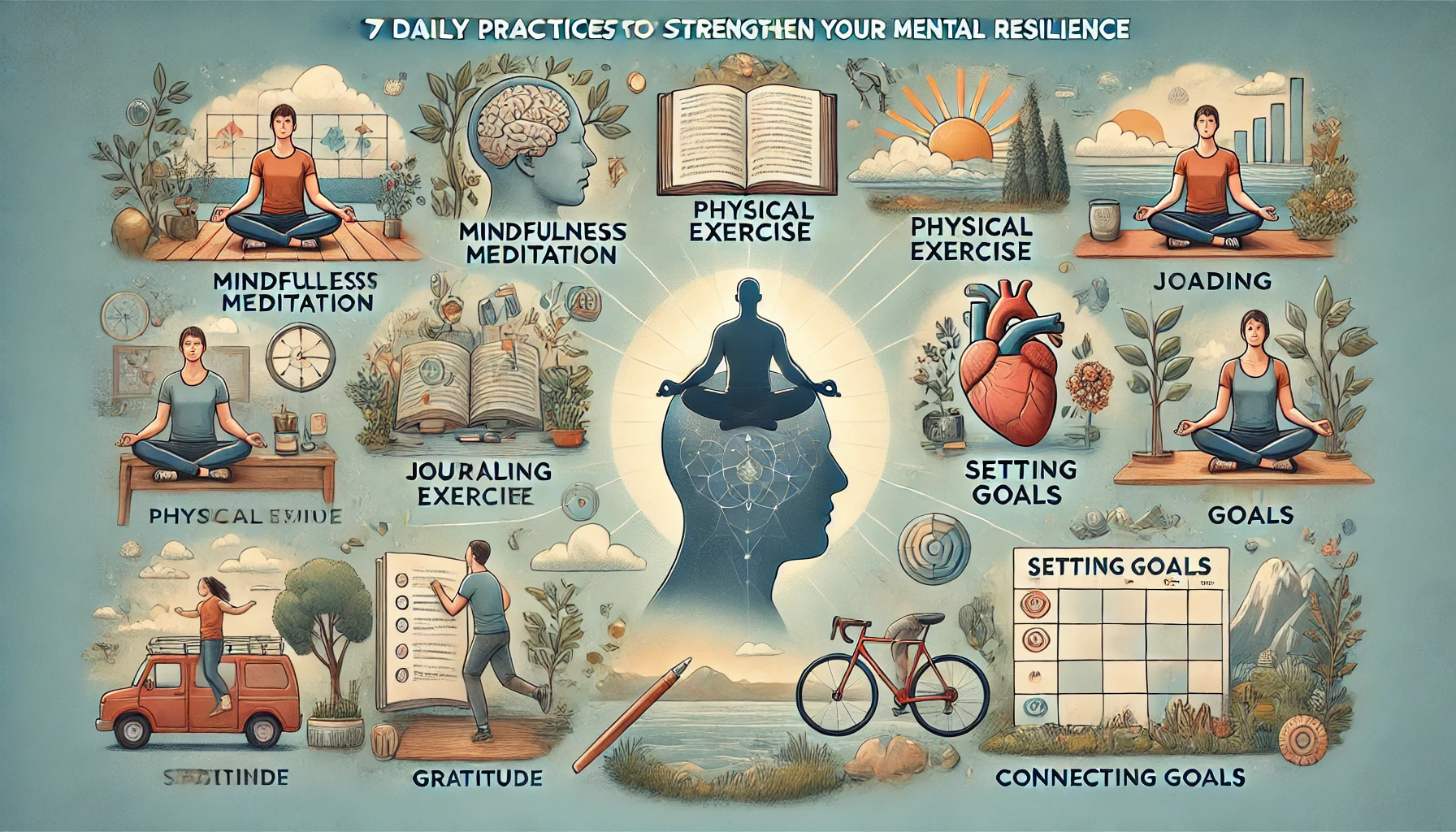Growth and resilience do not come from comfort. Whether in personal development, professional success, or mental toughness, facing discomfort is essential to strengthening the mind. Many of life’s greatest achievements stem from the ability to push through difficult situations, adapt to uncertainty, and embrace challenges rather than avoid them.
This article explores why discomfort is crucial for mental strength, the psychology behind it, and how to develop a mindset that thrives in adversity.
Why Discomfort Is Essential for Mental Strength
1. Discomfort Signals Growth
When we challenge ourselves, whether physically, emotionally, or intellectually, we force the brain to adapt and strengthen. Just like muscles grow stronger after resistance training, the mind becomes more resilient when exposed to stressors in a controlled and intentional way.
2. It Builds Emotional Resilience
Avoiding discomfort may provide short-term relief, but in the long run, it weakens our ability to handle adversity. Facing difficult emotions head-on builds resilience, allowing us to stay calm and composed under pressure.
3. It Expands the Comfort Zone
The more we expose ourselves to controlled discomfort, the more our comfort zone expands. This makes previously intimidating tasks feel manageable and increases confidence in handling new challenges.
The Psychology of Avoiding Discomfort
The human brain is wired for survival, which often leads to an instinctive avoidance of discomfort. The amygdala, the brain’s fear center, signals danger whenever we face uncertainty or challenge. However, in modern life, many discomforts are not actual threats but opportunities for growth.
When we repeatedly avoid discomfort, the brain reinforces avoidance behaviors, making it harder to handle challenges in the future. This creates a cycle where fear and hesitation dominate decision-making, preventing progress.
The Role of Neuroplasticity
Neuroplasticity—the brain’s ability to rewire itself—means that facing discomfort regularly can create new neural pathways. Over time, the brain learns that discomfort is not a threat but an opportunity, making resilience a natural response rather than an effortful one.
How to Embrace Discomfort to Strengthen the Mind
1. Reframe Discomfort as a Learning Opportunity
Instead of seeing discomfort as something negative, view it as an essential part of growth. Ask yourself:
- What can I learn from this experience?
- How will this challenge make me stronger?
- What skills am I developing by facing this discomfort?
2. Start with Small, Controlled Discomforts
Training the mind to handle discomfort effectively starts with small steps. Examples include:
- Taking cold showers to build resilience to physical discomfort
- Practicing public speaking to reduce social anxiety
- Engaging in difficult conversations instead of avoiding them
3. Use the “10-Second Rule” for Fear-Based Hesitation
When fear or discomfort holds you back from taking action, count down from 10 and act immediately. This prevents overthinking and allows the brain to build confidence in handling uncomfortable situations.
4. Engage in Voluntary Hardship
Actively exposing yourself to controlled hardship helps develop mental toughness. Examples include:
- Fasting intermittently to build discipline
- Training in endurance sports to strengthen perseverance
- Challenging yourself to learn a new skill outside your expertise
5. Develop a Mindfulness Practice
Mindfulness helps in managing discomfort by allowing you to observe emotions without reacting impulsively. When facing stress, take deep breaths and acknowledge discomfort as temporary rather than overwhelming.
The Science Behind Discomfort and Mental Toughness
| Challenge Type | Benefit on Mental Strength |
|---|---|
| Physical discomfort (e.g., cold exposure, endurance training) | Increases stress tolerance and willpower |
| Emotional discomfort (e.g., difficult conversations) | Improves resilience and emotional regulation |
| Intellectual discomfort (e.g., learning a complex skill) | Enhances cognitive flexibility and problem-solving |
| Social discomfort (e.g., networking, public speaking) | Builds confidence and reduces fear of judgment |
Final Thoughts
Facing discomfort is a necessary part of mental strength. By gradually embracing challenges, shifting perspectives, and training the mind to see discomfort as a growth opportunity, you develop resilience, confidence, and the ability to handle adversity with ease. Strength is not built in moments of ease but in the willingness to push through difficulty.












Leave a Reply